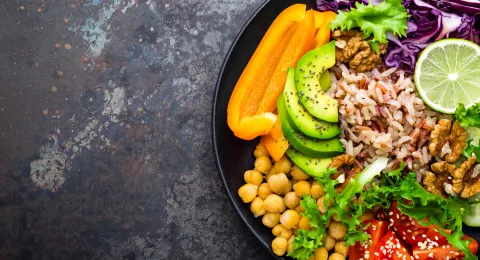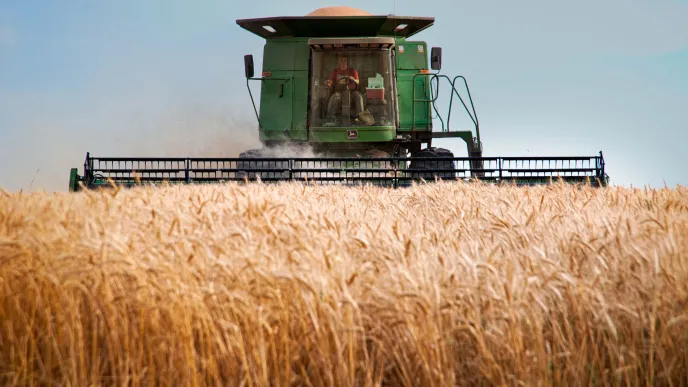The global food production system needs a redesign – the environmental impact of agriculture, processing and transportation of food rivals that of energy sector. Yet this is oftentimes overlooked when talking about food.
“We don’t usually think about the impact of the food we eat. Not in the same way we think about, for example, leaving the lights on or using a car. It takes several phases for a food item to make its way from production to the grocery store and from there to people’s homes,” says Samuel Perez-Vega, Assistant Professor at LUT University and expert in sustainable food processing.
The reforms will not only improve the sustainability and nutritional value of food, according to Perez, but also create social impacts, especially in developing regions. Food production helps to alleviate poverty and empower communities.
“We need to generate new businesses, new products that are according to sustainable practices and policies,” he says.
Proteins and oils from crops - making the most of food production side streams
Perez highlights that a significant environmental impact occurs at the agricultural stage. Therefore, shifting focus to crops that are both nutritionally dense and environmentally sustainable – such as oats, rye, and hemp – can lead to transformative outcomes.
Researchers at LUT University are exploring how to use crops like hemp and oats to produce key food components, such as protein and oils, with minimal environmental impact. By employing new technologies such as biorefineries, they aim to utilise every part of the crop, including non-edible components, for different industries.
"New technologies allow us to minimise waste and maximise economic value. Hemp can also be used to produce fibres for textiles and antioxidants for nutraceuticals," Perez elaborates.
To further advance sustainable practices, LUT is exploring how to tailor new food production to local contexts. In this way, researchers ensure that solutions align with economic realities and environmental conditions, enabling a seamless integration of sustainable food systems.

Innovations such as fermentation will become more common in the future
Perez predicts that the number of sustainable innovations will increase significantly in the 2030s. Technologies like precision fermentation can be used to produce plant-based foods that mimic animal products while offering super nutrition and a smaller environmental footprint.
“With multi-disciplinary collaboration, we can create solutions that address the environmental, economic, and social dimensions of food systems,” he says.
But technological breakthroughs alone will not be enough to put more sustainable options on people's plates. A broader cultural change is also needed to promote a sustainable, plant-based diet.
"Finland's new dietary guidelines are win-win diets as they are rich in nutrients and beneficial to population health without compromising the planet’s sustainability. People need to be encouraged to make better choices for the planet and themselves," Perez emphasises.





